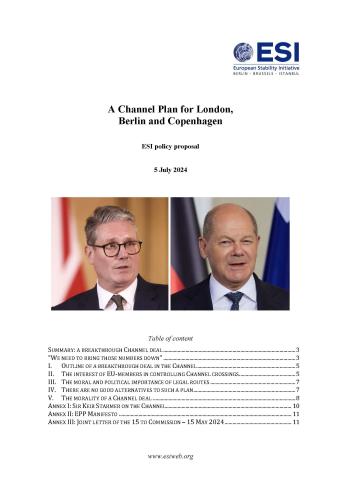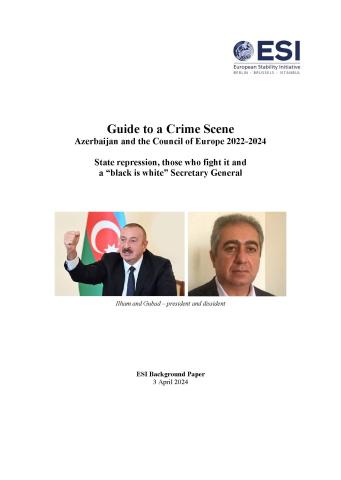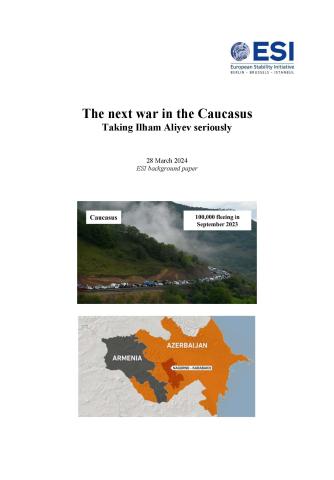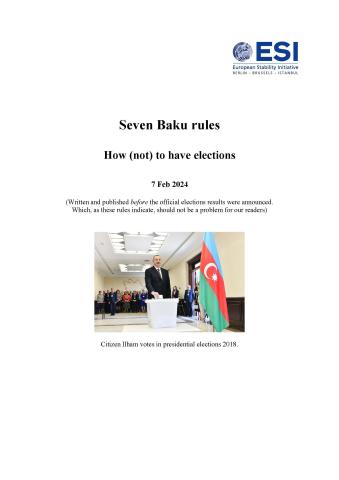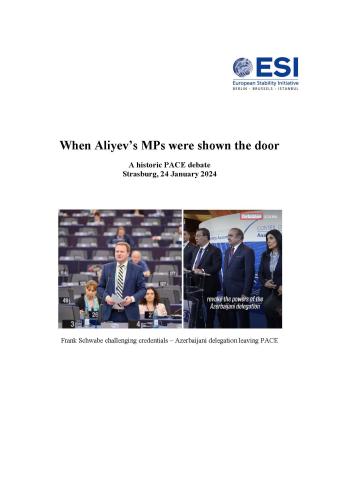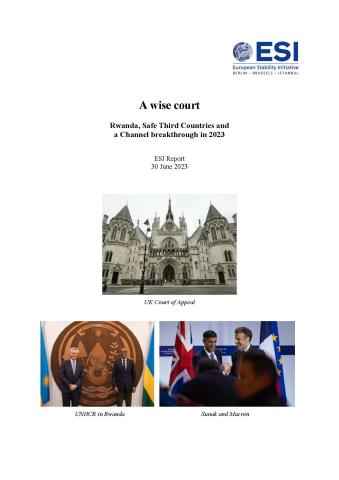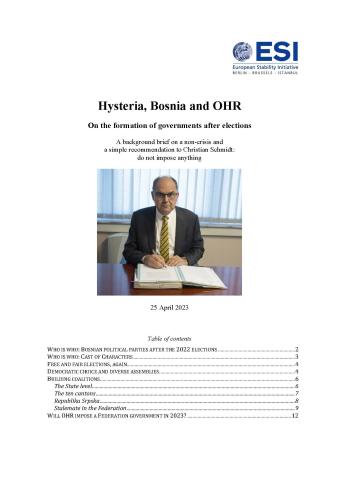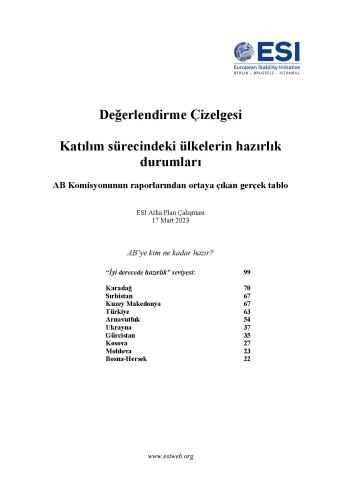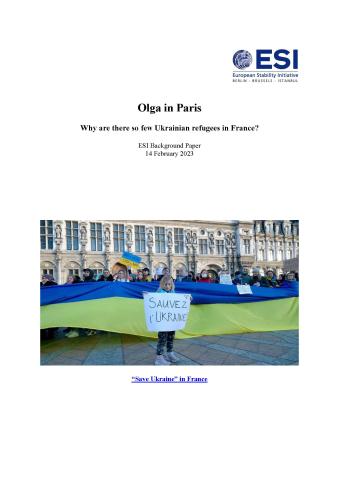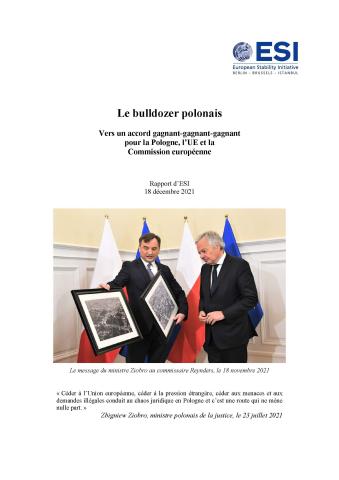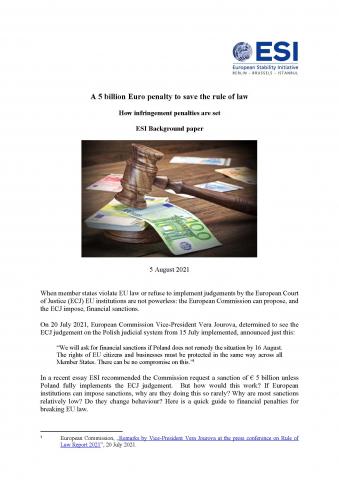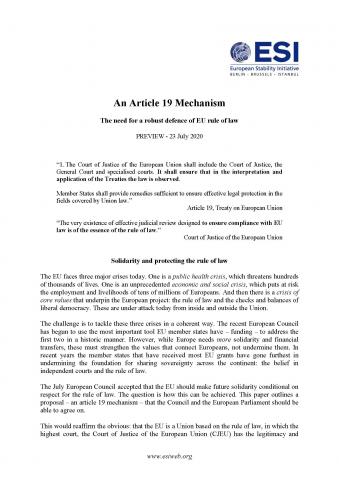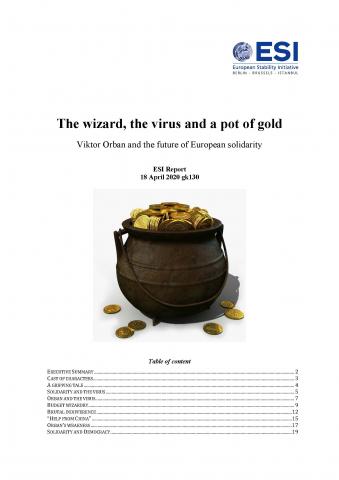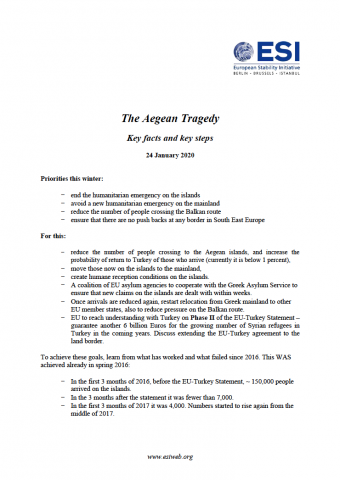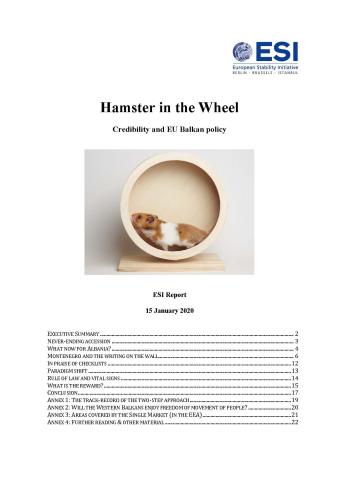Publications
155 PublicationsA Channel Plan for London, Berlin and Copenhagen
This paper sets out how a returns agreement for irregular migrants with the EU could work, and why it would be in the interest of Keir Starmers’ new government, European partners and indeed anyone in favour of strengthening public support for human rights and refugee conventions currently under attack from populists and the far-right.
Guide to a Crime Scene - Azerbaijan and the Council of Europe: State repression and those who fight it
Heeding the lessons of past failings regarding Putin's Russia in the Council of Europe, the Council of Europe's Committee of Ministers must break its silence with a simple strong message, both to Azerbaijan and to all member states: There can be no political prisoners in any Council of Europe member state.
The next war in the Caucasus: Taking Ilham Aliyev seriously
It is urgent to address Azerbaijani President Ilham Aliyev's aggressive posturing towards Nagorno-Karabakh and adjacent areas. His historical claims and recent military actions signal a serious intent to reclaim perceived Azerbaijani lands by force. The situation demands international scrutiny to prevent further conflict.
Memo on Decani - The rule of law, an urgent issue and Kosovo in the Council of Europe
A longstanding property dispute involving the Serb Orthodox Monastery of Visoki Decani is pivotal for Kosovo's rule of law and its relationship with the Council of Europe. Resolving this dispute could represent a significant victory for all parties involved—Kosovo, the monastery, the Serb minority, and the Council of Europe—highlighting the importance of Kosovo's membership in the Council and setting a precedent for addressing similar issues.
Invented pogroms - Statistics, lies and confusion in Kosovo
In July 2023, Serbian president Vucic demanded that NATO and the UN protect Kosovo Serbs from “pogroms.” However, international observers found no evidence of “ethnic cleansing” or “Albanian terror,” yet Vucic cited increased Kosovo Serb departures without evidence. But what about evidence for these numbers and what do they truly reveal?
Seven Baku rules - How (not) to have elections
Presidential elections in Azerbaijan are uncompetitive and not wholly fair, though it is a matter of how to define “fairness”. Although a presidential term in Azerbaijan is seven years, the experience of elections since 1993 suggests that once a president is elected, it is de facto for life.
When Aliyev’s MPs were shown the door - A historic PACE debate
On the first morning of PACE's 2024 session, Frank Schwabe, a German Social Democrat, proposed a motion to question Azerbaijan's delegation's credentials due to a "serious violation of the Council of Europe’s basic principles." Urging to suspend Azerbaijani participation, his action led to a historic debate and decision.
A wise court – Rwanda, Safe Third Countries and a Channel breakthrough in 2023
The UK Court of Appeal sanctioned the principle of transferring asylum seekers to third countries, like Rwanda, to reduce irregular migration, while ruling Rwanda not yet a safe third country. The Court's decision contests the UNHCR's stance that externalizing the UK's refugee obligations violates international law. It suggests an alternative: returning asylum-seekers to countries like France and Germany, with the UK taking more refugees in return.
Hysteria, Bosnia and OHR - On the formation of governments after elections
The difficulty of forming a Federation government is not an emergency. This crisis has nothing whatsoever to do with “peace implementation”. Thus, nothing in this situation justifies foreign intervention. In fact, it is plainly obvious what OHR should do: nothing at all, except to announce that it will not get involved.
Scoreboard - The true state of accession - What the Commission assessments reveal
Each year the European Commission assesses 33 policy areas – laws, institutions, policy implementation – into which the accession negotiations are divided. Getting to a state of good preparation in each chapter is not about boxes being ticked but about meeting the standards on which the trust relies that makes removing all barriers between countries and economies possible.
Olga in Paris – Why are there so few Ukrainian refugees in France?
Following Russia’s brutal invasion, millions of Ukrainian refugees left their country. By the end of 2022, 4.9 million of them had applied for protection in the European Union and in other European democracies. But more Ukrainians applied for protection in the Czech Republic than in France, Italy, and Spain combined. What explains this uneven distribution of temporary protection applications?
The Balkan Turtle Race – A warning for Ukraine
Zeno, an Athenian philosopher, once imagined a race between Achilles and a slow-moving turtle. The turtle was given a head start, which decided the race. However slowly the turtle moved, Zeno argued, Achilles would never be able to catch up. This is how the current EU accession process for the Western Balkans works. This is dangerous. It is also easy to remedy, if there is the will.
The Polish Bulldozer – Towards a win-win-win for Poland, the EU and the European Commission
The European Commission must turn to the European Court of Justice (ECJ) and ask for an unprecedented penalty payment from a government which is refusing to implement one of the most important ECJ judgements in the history of European integration. By calling minister of justice Zbigniew Ziobro’s bluff the European Commission and the ECJ not only save the rule of law in Poland and preserve the EU’s legal order but also break his spell over a shrinking radical minority.
A 5 billion Euro penalty to save the rule of law – How infringement penalties are set
When member states violate EU law or refuse to implement judgements by the European Court of Justice (ECJ) EU institutions are not powerless: the European Commission can propose, and the ECJ impose, financial sanctions.
Inside the system Ziobro built
No member state in the history of the EU has ever gone as far in subjugating its courts to executive control as the current Polish government. In a few years, PiS has changed the whole system of appointment, promotion and disciplining of judges and prosecutors, with a view to strengthening executive control. It captured the Constitutional Tribunal.
“As simple as it is appalling.” The Navalny debate highlights
What should happen next? What does it mean to say that “all options are on the table” to ensure that Navalny is released and that judgements are implemented? Or that “there are possibilities” of action for the body responsible for the execution of all Strasbourg Court judgements, the Committee of Ministers of the Council of Europe, currently chaired by Germany?
An Article 19 Mechanism - The need for a robust defence of EU rule of law
The EU faces three major crises today. One is a public health crisis, which threatens hundreds of thousands of lives. One is an unprecedented economic and social crisis, which puts at risk the employment and livelihoods of tens of millions of Europeans. And then there is a crisis of core values that underpin the European project: the rule of law and the checks and balances of liberal democracy. These are under attack today from inside and outside the Union.
The wizard, the virus and a pot of gold - Viktor Orban and the future of European solidarity
30 March 2020 was a dark day in the history of EU assistance. It highlighted the fact that this system of solidarity had gone fundamentally wrong. Europeans now need to find better ways to defend the values enshrined in their treaties, not with pious words and empty threats, but in the language of power and money that politicians like Hungarian prime minister Viktor Orban will understand.
The Aegean Tragedy – Key facts and key steps
Priorities this winter: end the humanitarian emergency on the islands; avoid a new humanitarian emergency on the mainland; reduce the number of people crossing the Balkan route; ensure that there are no push backs at any border in South East Europe.
Hamster in the Wheel - Credibility and EU Balkan policy
Balkan enlargement was in crisis even before EU leaders failed to agree in 2019 on opening accession talks with North Macedonia and Albania. Unless there is a change in methodology and pace, no Western Balkan country is likely to be a member of the EU by 2030.

